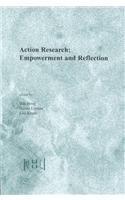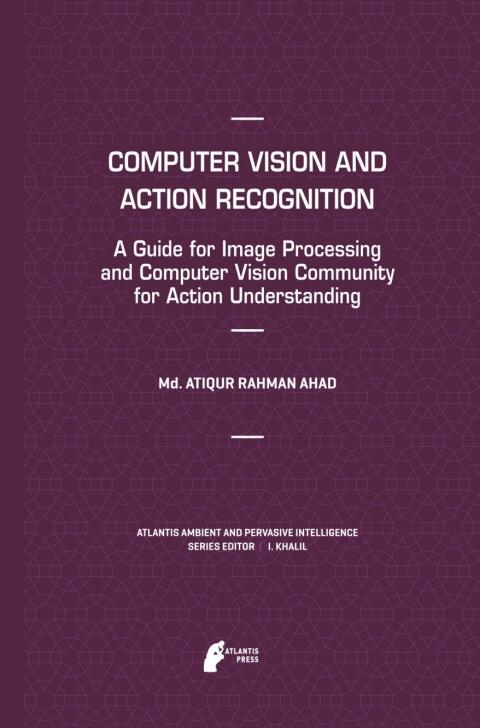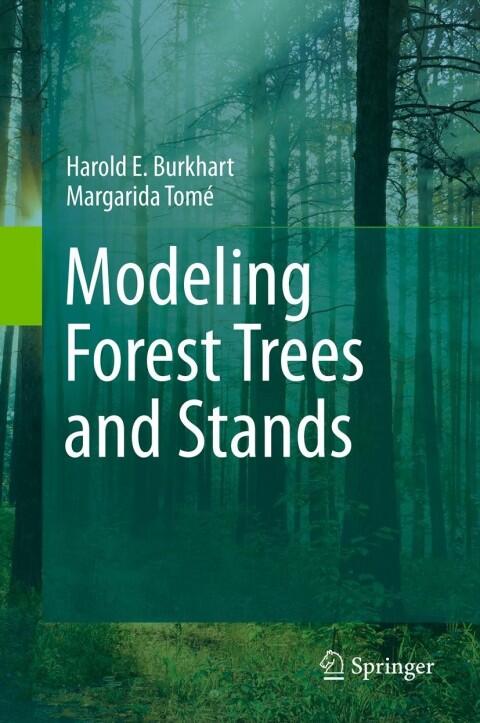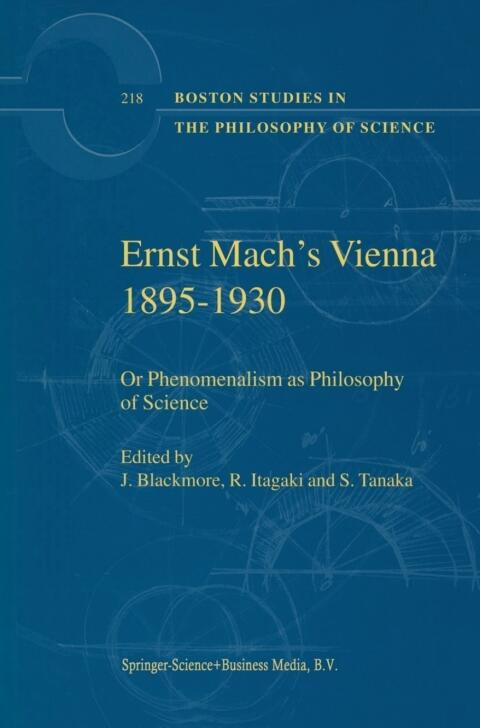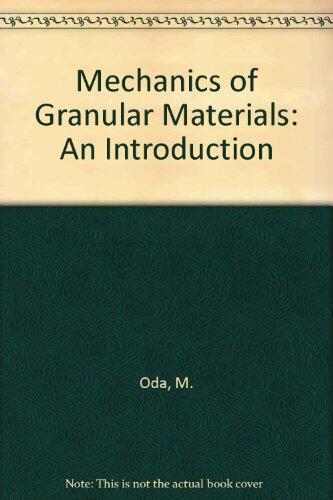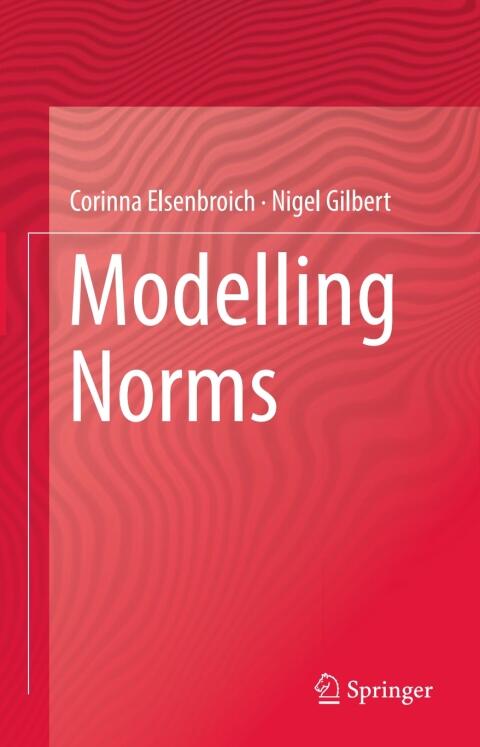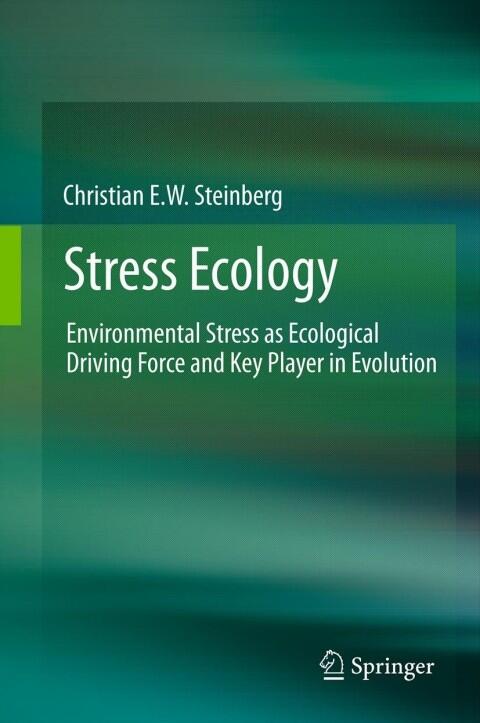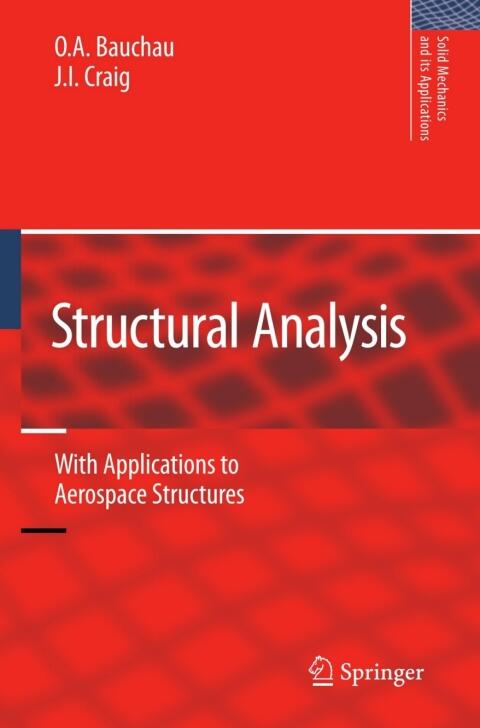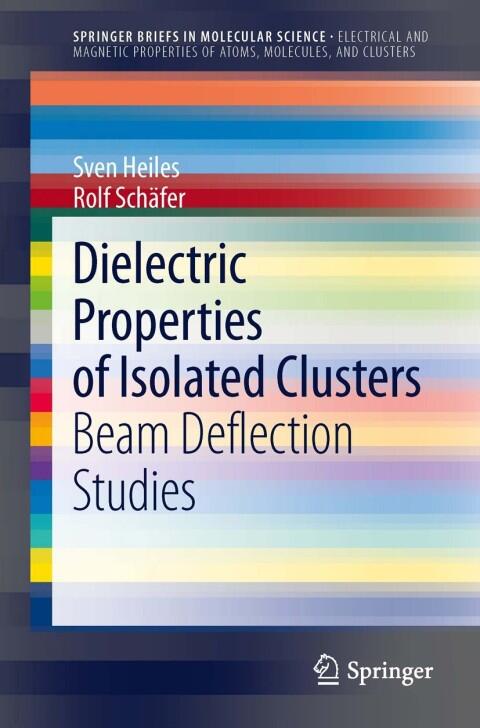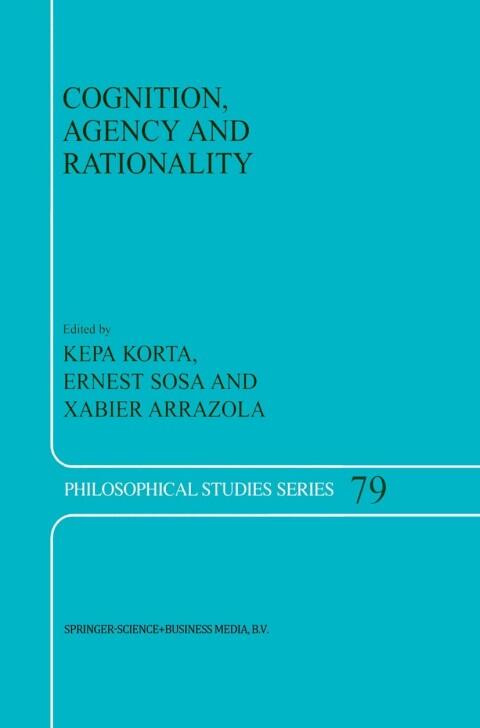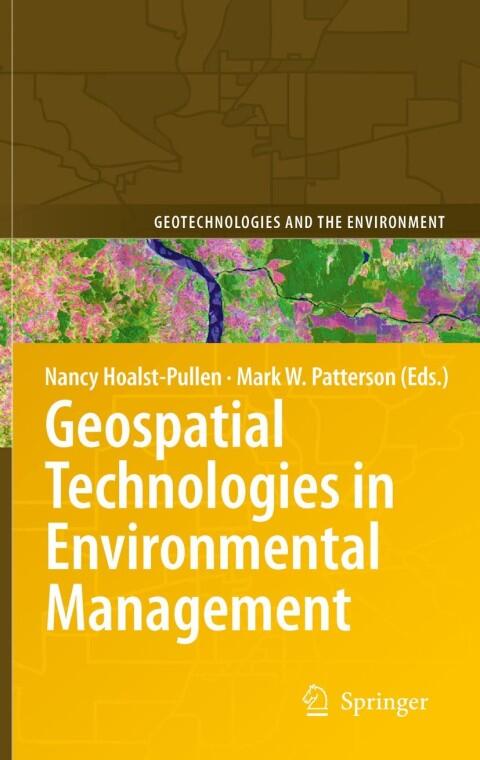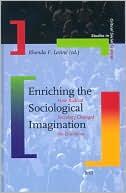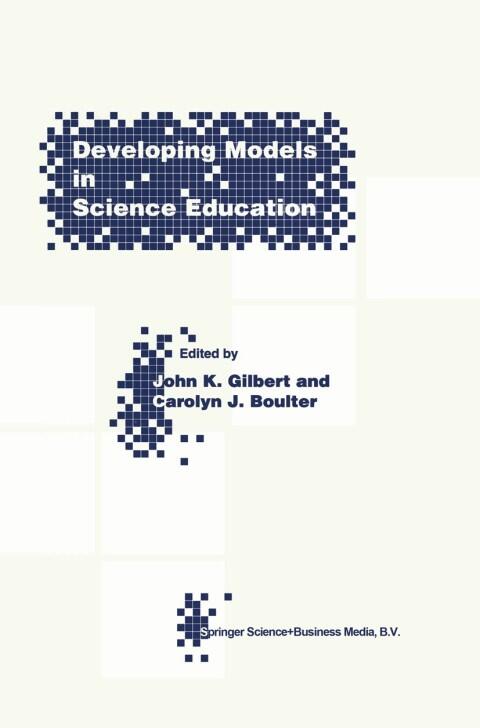
Developing Models in Science Education
によって
J.K. Gilbert; C. Boulter
まだ評価がありません
Science & Technology
Philosophy
形式
キンドル
ページ数
397
言語
オランダ語、フラマン語
公開されました
Jan 1, 2012
出版社
Springer
版
2000
ISBN-10
9401008760
ISBN-13
9789401008761
説明
In the realm of science education, the significance of models and modelling is paramount, shaping how concepts are understood and communicated. J.K. Gilbert and C. Boulter delve into this critical area, exploring the foundational role that models play in both scientific inquiry and education. Their work highlights how effective modelling facilitates deeper comprehension and engagement with scientific principles, making complex ideas accessible to learners of varying ages and backgrounds.
Through their examination, the authors discuss various types of models, from physical representations to conceptual frameworks, emphasizing how each type serves a unique purpose in the learning process. They also address the challenges educators face in implementing models effectively in the classroom. By providing insights into pedagogical strategies and offering practical examples, Gilbert and Boulter empower educators to enhance their teaching practices and foster a more profound appreciation for science among students.
Ultimately, the exploration of models in science education underscores a transformative approach to learning, encouraging students to think critically, experiment, and develop a more nuanced understanding of the scientific world. This work serves as a vital resource for educators, researchers, and anyone interested in bridging the gap between scientific theory and educational practice.
Through their examination, the authors discuss various types of models, from physical representations to conceptual frameworks, emphasizing how each type serves a unique purpose in the learning process. They also address the challenges educators face in implementing models effectively in the classroom. By providing insights into pedagogical strategies and offering practical examples, Gilbert and Boulter empower educators to enhance their teaching practices and foster a more profound appreciation for science among students.
Ultimately, the exploration of models in science education underscores a transformative approach to learning, encouraging students to think critically, experiment, and develop a more nuanced understanding of the scientific world. This work serves as a vital resource for educators, researchers, and anyone interested in bridging the gap between scientific theory and educational practice.
